How Can Mobile Banking Be Used as a Competitive Advantage?
14 Aug 23 

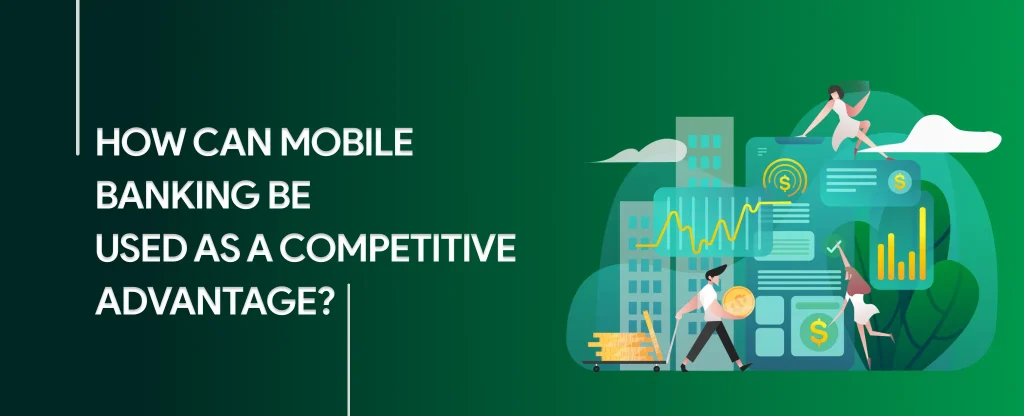
The COVID-19 epidemic has hastened the digital transformation, with users now conducting a wide range of everyday transactions using online platforms, mainly mobile applications, involving banking. Most financial firms and banks have also already invested in creating mobile banking apps over the last several years to stay competitive.
Thus, fintech app development has increased. Only a few banking and financial organizations still need an app. The demand for mobile banking is becoming more competitive. However, a more thorough review of these mobile apps paints an entirely different picture.
Despite this, there continue to be quite a few areas where banks need to strengthen their online presence and embrace new technology to keep up with the needs of today’s customer base.
What is Mobile Banking?
Most competing banks now allow users to do financial operations using their smartphones or tablets through mobile banking. Both online and conventional banks must constantly adjust to mobile market trends to stay competitive and meet the rising needs of digitally aware youngsters and Gen Zers.
According to Insider Intelligence’s Mobile Banking Competitive Edge Study results, 89% of survey participants claimed they use mobile banking, demonstrating how ubiquitous the trend already is.
Additionally, a staggering 97% of youngsters said they use the same. Although 91% of Gen Xers and 79% of baby boomers also reported benefiting from these services, it is for more than millennials. Businesses are realizing that staying up to date on smartphone market developments is essential to retaining clients as demand for banking through mobile increases.
Importance of Mobile Banking
It is essential to analyze why each bank needs its unique banking app in addition to the significance of online and mobile banking, which must be balanced. Many prominent financial institutions now extensively promote their mobile solutions to cater to the demands of consumers.
The following primary factors sum up the significance of banking through mobiles and demonstrate why each bank should have its own banking application:
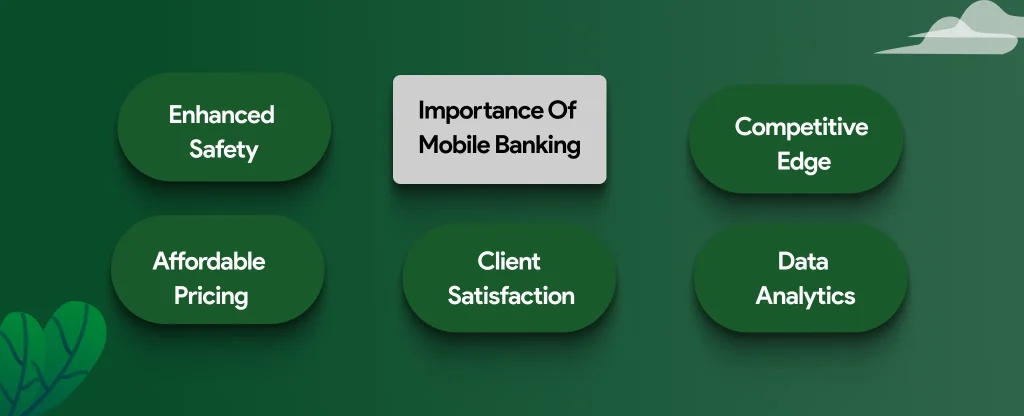
1. Competitive Edge
Banks that do not provide mobile banking may be at a distinct disadvantage to those that do as this service becomes more popular. Customers want banks to be flexible and convenient, and a mobile app may help banks fulfill these demands.
2. Enhanced safety
Mobile banking applications can provide better security features than conventional financial methods. A mobile app may authenticate a user’s identity using advanced authentication techniques like biometric authentication.
Mobile applications may also utilize encryption to safeguard user data and provide real-time notifications to spot and stop fraud. Customers’ experiences can be enhanced, and their faith can be increased owing to these safety measures.
3. Client Satisfaction
It is one of the main reasons mobile banking software, like fintech apps, gives its users enough convenience. The first benefit to consider when considering mobile banking’s benefits is simplicity. Without going to an actual bank office, a client who transfers money to a different account may accomplish it swiftly and effortlessly using a mobile app.
4. Affordable Pricing
Banks and other financial organizations may find banking with mobile an affordable option. Paper reports and actual bank locations, which may be costly to generate and upkeep, can be replaced with mobile apps. Many operations, like loan applications and bill payments, may be automated by mobile apps, which can cut down on manual labor requirements.
5. Data analytics
Banks may gain significant data analytics findings from a mobile bank app. For instance, financial institutions can use information from a mobile app to learn more about the tastes and behaviors of their clients.
They may then modify their services to match the unique demands of their clients using this knowledge. By discovering opportunities for development and executing data-driven choices, banks may also employ data analytics to enhance their business results.
Overall, a mobile banking app is crucial for banks to remain viable and satisfy client expectations. Banks may increase client simplicity, set themselves apart from rivals, cut expenses, boost security, and get insightful data analytics by providing a mobile app.
Mobile Banking: Advantages
In the past decade, the acceptance of mobile banking has increased, and for a valid reason. With the popularity of smartphones and other portable electronics, it offers people a practical method to handle their money while on the go.
Given the rising need for mobile app development firms, assessing the benefits of mobile app solutions is essential. What advantages does banking digitally offer? In the next part, let’s analyze the benefits:
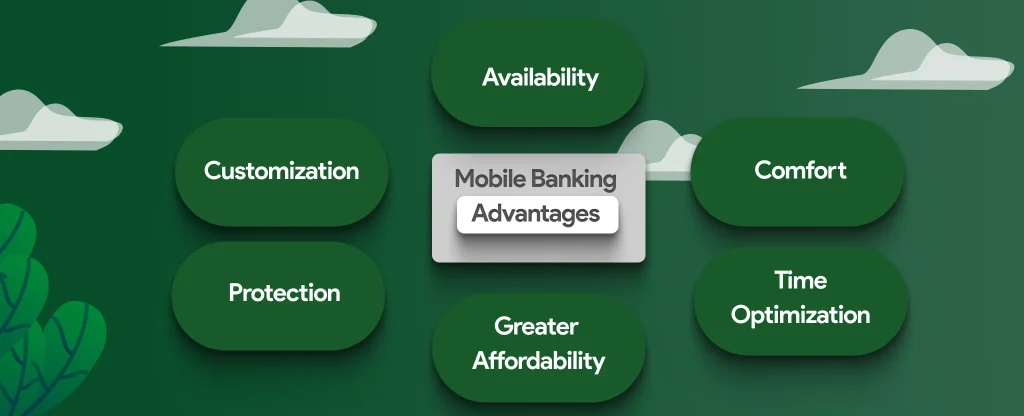
1. Customization
Interestingly, a personalized smartphone application offers clients in banks a greater level of personalization. Individuals may set up reminders to get updates about account-related activities and customize their account settings.
2. Comfort
Thanks to the mobile strategy, customers can log in to their account information anywhere, at any time. Customers can examine their account balances, look through transactions, and transfer money without going to a bank branch. This claim is supported by 89% of survey participants’ use of mobile banking offerings. One such offering is contactless payment.
3. Protection
One of its additional benefits is that mobile banking is an encrypted way of handling money. Banks employ cutting-edge authentication and encryption techniques, such as biometric authentication, to secure customer data.
4. Greater Affordability
Mobile banking may be a financially advantageous choice for individuals and financial organizations. Paper reports are no longer required, which saves money on printing and mailing costs. Additionally, it eliminates the requirement for expensive conventional bank branches.
5. Time-optimization
Mobile banking saves time for both customers and financial institutions. Customers don’t have to wait in line or fill out papers to make payments swiftly and effectively. Additionally, the banks can execute payments more quickly, which shortens response times.
6. Availability
More consumers are entitled to this app than conventional banking techniques. It enables people to handle their accounts even if they don’t have access to an actual bank location.
Mobile Banking: Disadvantages
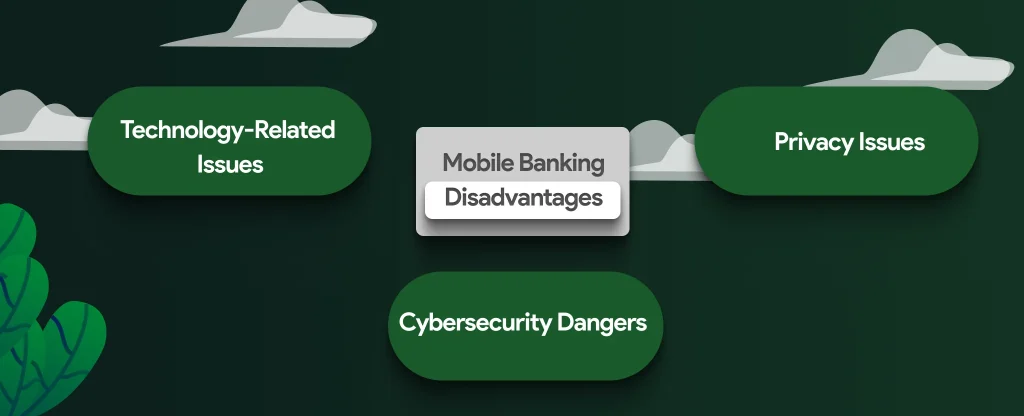
1. Privacy Issues
The quantity of personal data collected and stored by mobile apps is substantial. Although banks safeguard these details, some consumers may feel uneasy about the volume of data gathered and retained. Customers should take precautions to secure their confidential data and be conscious of the terms and conditions of their mobile banking apps.
2. Technology-Related Issues
Because mobile banking applications mainly rely on the Internet, customers could encounter technical issues or outages that prevent them from reaching their account information. Customers who must verify the status of their accounts or execute immediate actions may find technical challenges irritating.
3. Cybersecurity Dangers
There is still a chance of intrusions, even if mobile banking has security safeguards to safeguard customer information. Consumers must protect their data using encrypted passwords and keep their gadgets current. Mobile devices can also be hacked or misplaced, which might provide third parties with control over personal data.
Wrapping Up
A mobile banking app is now necessary for banks to stay competitive and serve their consumers in the age of digitization. Institutions must always consider updating and improving their applications since it has become a significant component in defining the banking environment.
A mobile app offers several benefits for banks and their clients, from user ease to improved safety and financial reductions. Banks may enhance their customer service by having a mobile app available, attracting and keeping clients, and collecting insightful data analytics.
Mindster is well-known for crafting intuitive and stunning mobile apps through effective UI/UX design that caters to the needs and requirements of customers.
We are therefore positioned as a top-notch mobile app development company with years of experience crafting innovative fintech app development for many banking and financial institutions.
- Android Development3
- Artificial Intelligence24
- Classified App1
- Custom App Development2
- Digital Transformation10
- Doctor Appointment Booking App11
- Dropshipping1
- Ecommerce Apps38
- Education Apps2
- Fintech-Apps34
- Fitness App2
- Flutter3
- Flutter Apps19
- Food Delivery App5
- Grocery App Development1
- Grocery Apps3
- Health Care6
- IoT2
- Loyalty Programs8
- Microsoft1
- Mobile App Maintenance1
- Mobile Apps119
- Product Engineering3
- Progressive Web Apps1
- Saas Application2
- Shopify6
- Software Development1
- Taxi Booking Apps7
- Truck Booking App5
- UI UX Design8
- Uncategorized5
- Web App Development1









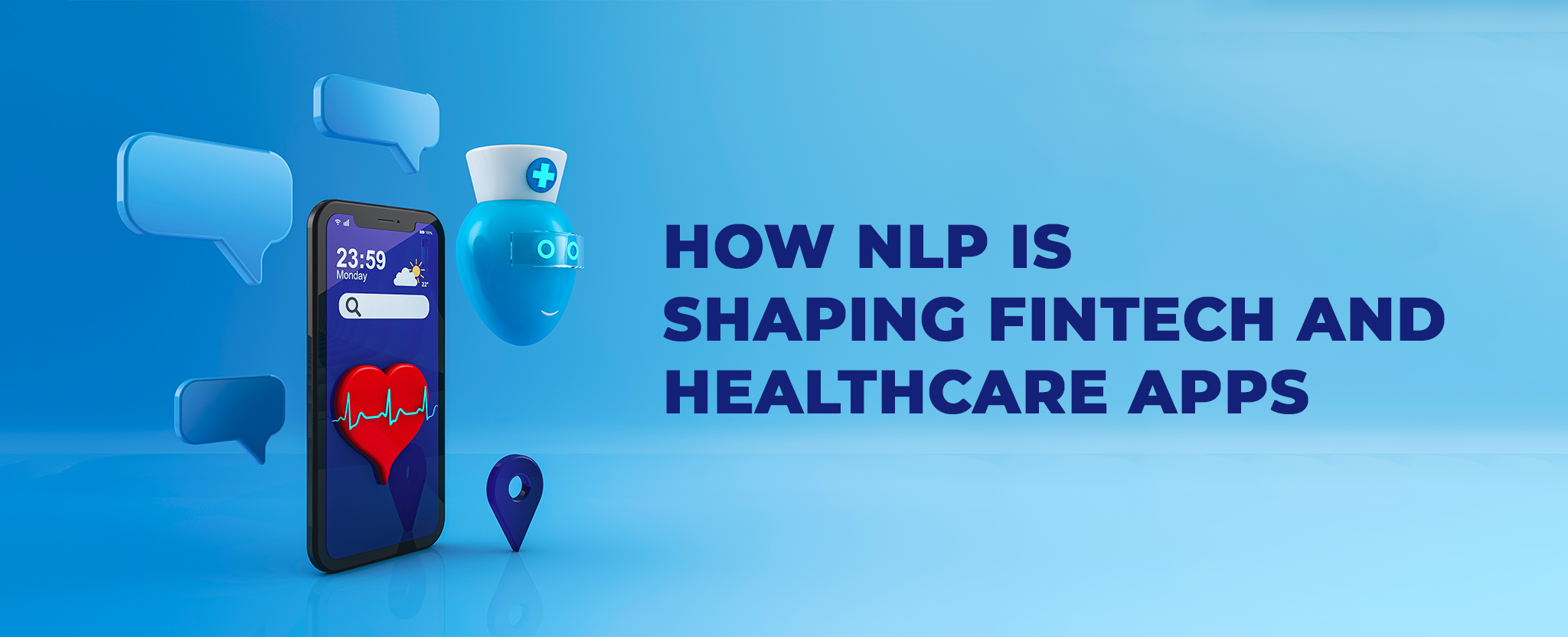
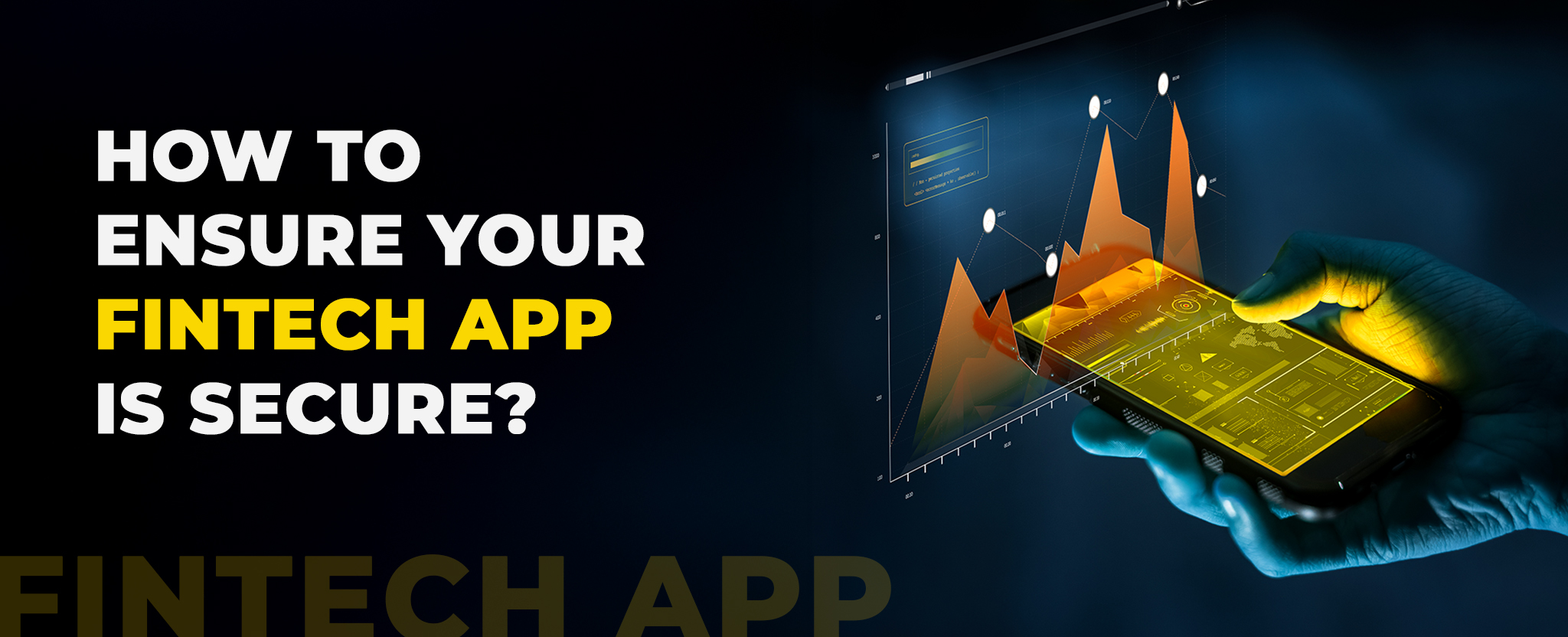








Comments